Projects
The research at the CPA is mainly conducted through collaborative project work together with fellow research institutions and partners from the industrial sector. The projects are financed through funding from public and private sources. An overview of the most recent projects is given below.
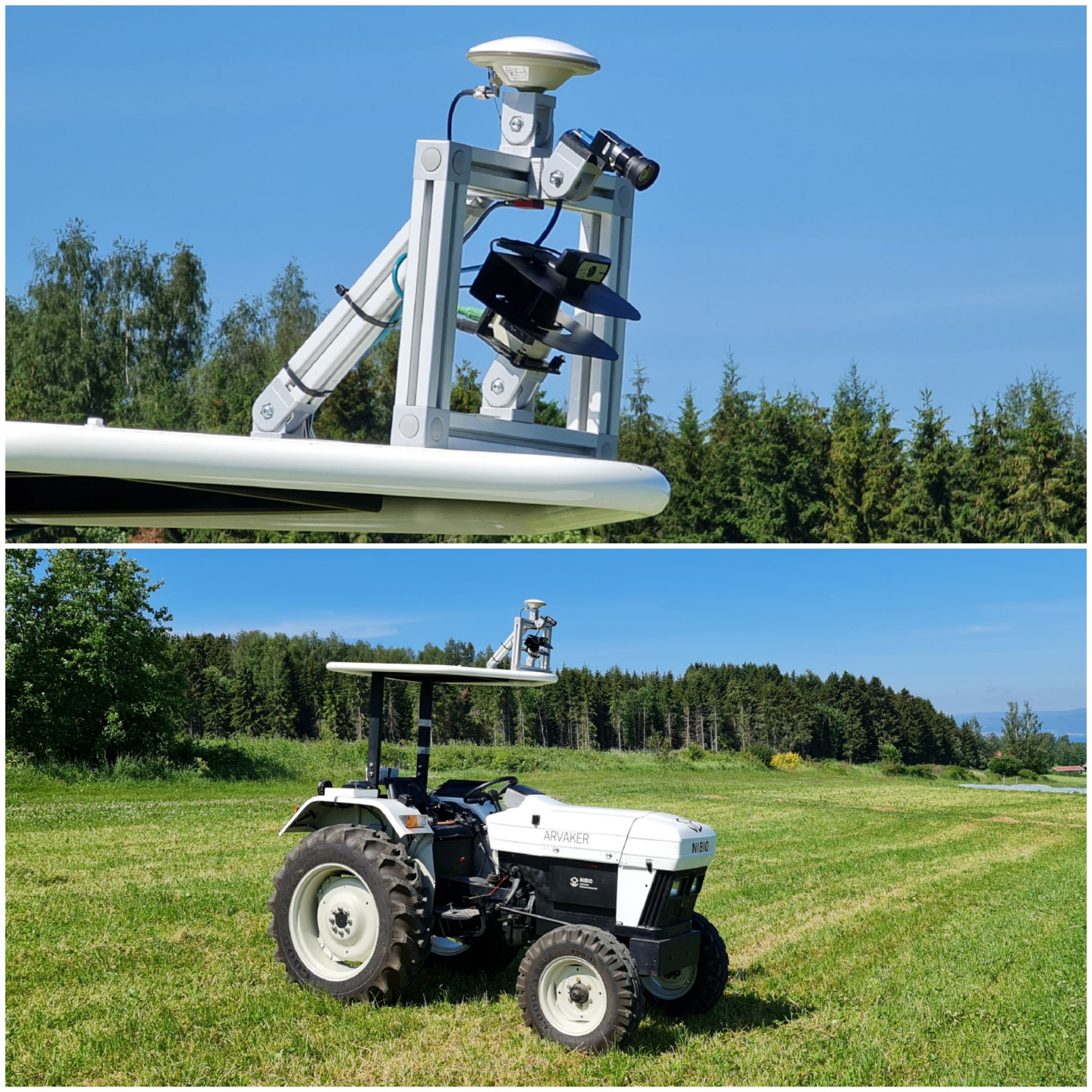
REQUEST
All major and relevant players in the Norwegian agriculture industry, including TINE, Felleskjøpet, Norsk Landbruksrådgivning (NLR), the Norwegian Directorate for Agriculture and the Norwegian Farmer’s Union has defined yield registration as one of the key bottlenecks for increased yield and quality of Norwegian forage. REQUEST will contribute to the removal of this bottleneck by providing the farmer with a simple to use, yet advanced solution for yield registration and facilitate for increased utilization of Norwegian feed resources in dairy production. The REQUEST project will verify and commercialize a modular and affordable tractor mounted sensor solution for yield registration that will be available for all farmers, regardless of prior technology choices.
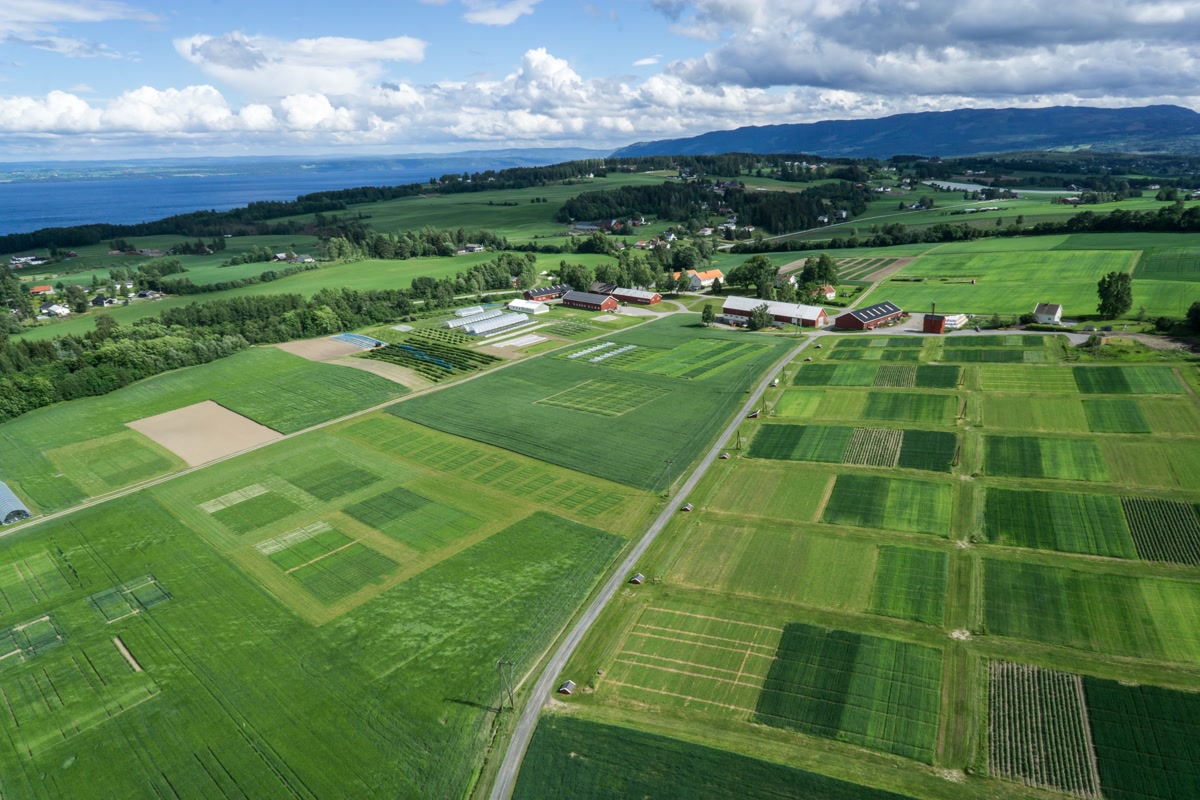
Precision Hectare
The goal of the Precision Hectare is to create a meeting place with a capital M for everyone working with precision agriculture – both regionally in Innlandet county and on a national level. The project also has an ambition to be a venue for demonstration of precision ag technology. The project consists of an area of one hectare on our Apelsvoll research station, and is managed with the intent of beeing a true interface between technology and agronomy, research, education and practice.
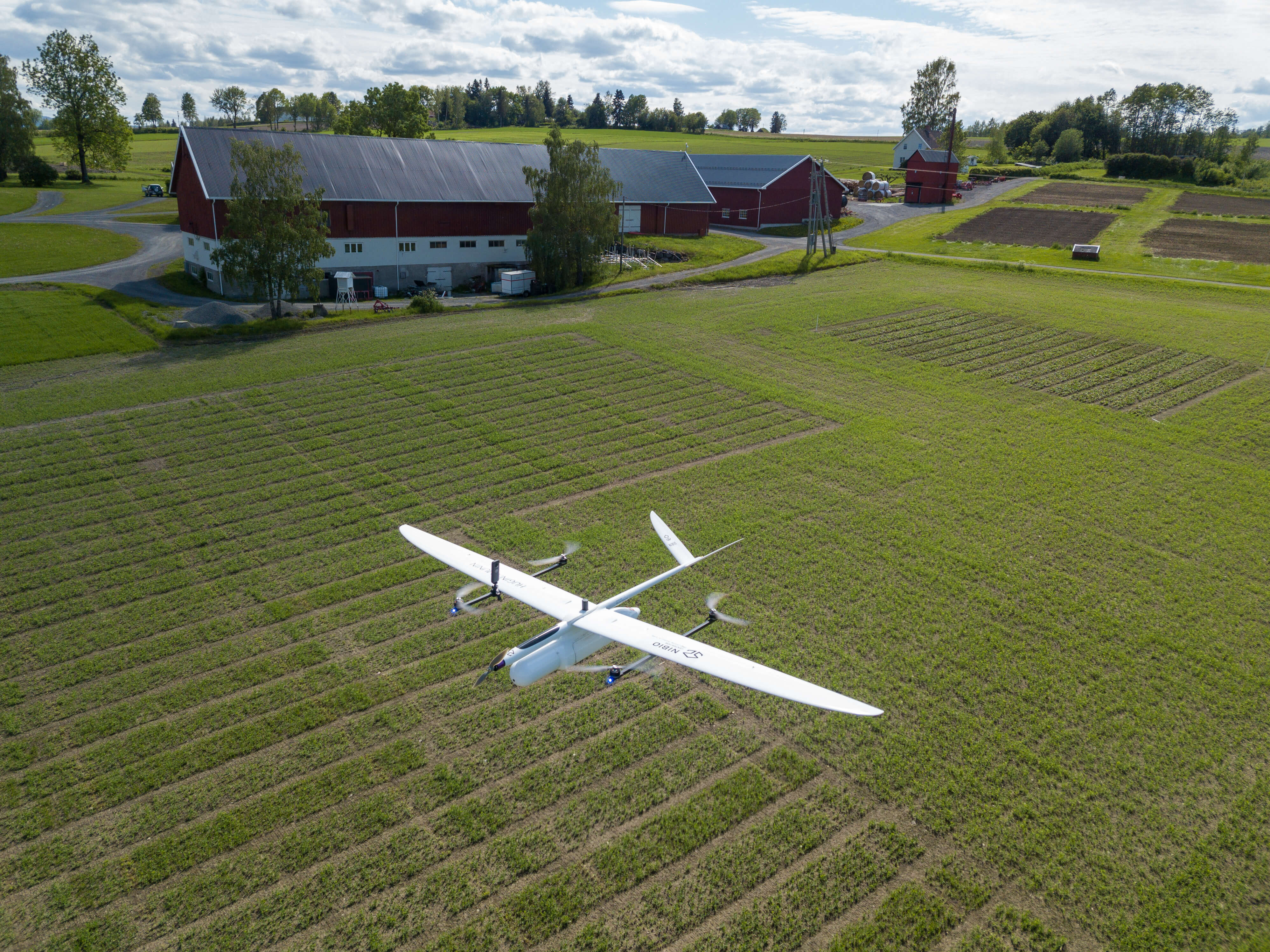
PRESIS
Precision agriculture in practice- Research based development and quality control of climate friendly services, which is profitable for the farmer.
The main purpose of this project is to develop a whole system, which can provide all Norwegian farmers who want access to user friendly, technological services, which are well tested and adapted for Norwegian conditions, and which grants the farmers private ownership of the stored and collected data.

SolarFarm
Exploring solar on-farm energy production combined with a fleet of electrical vehicles and precision agriculture for reduced GHG-emissions
The project is aimed at reducing the greenhouse gas (GHG) emissions from Norwegian agriculture by developing new technologies and solutions.
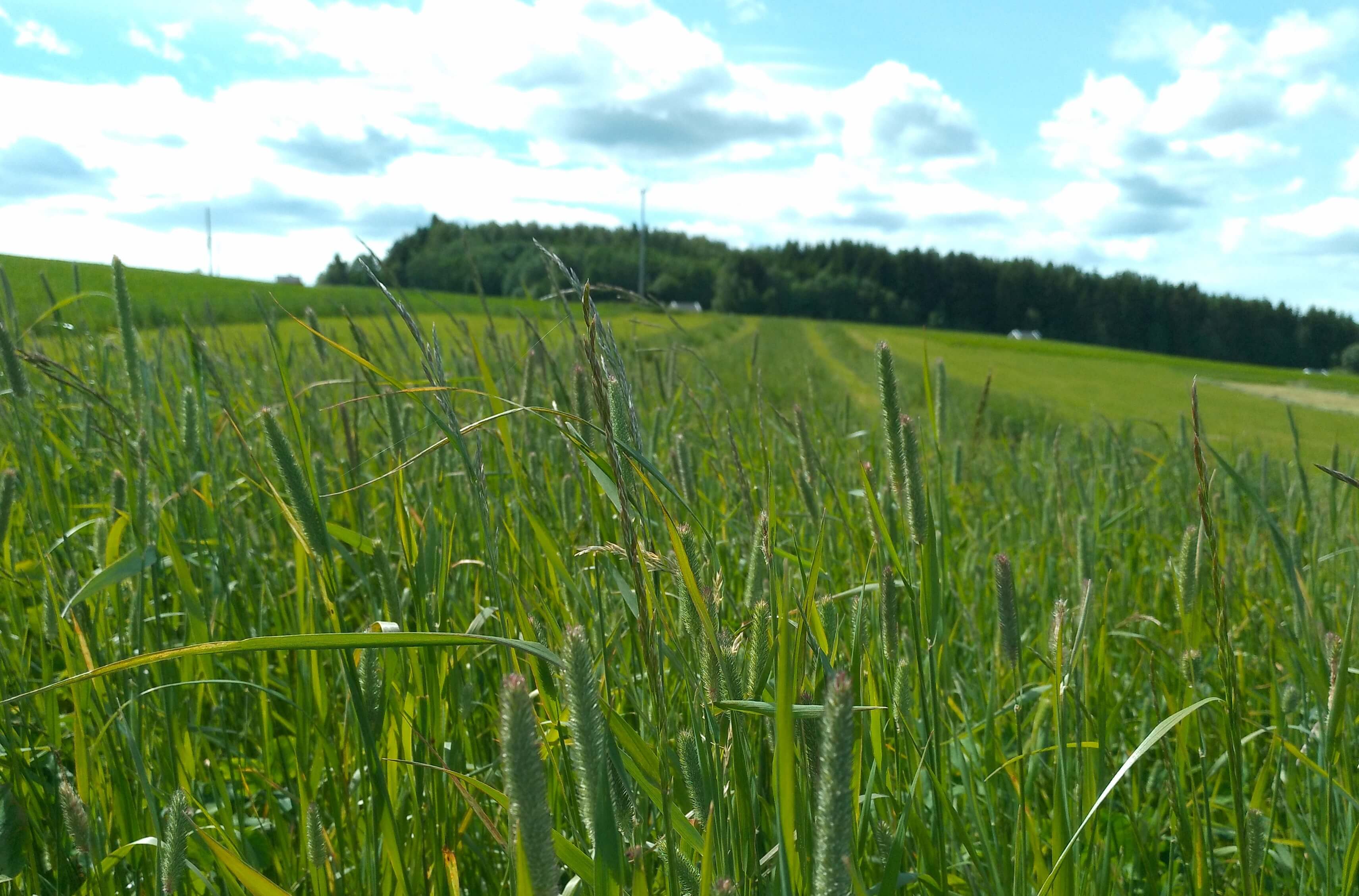
Impress
Improved precision in forage crop management:
The overall aim of the project IMPRESS is to generate new knowledge and tools that enable farmers to time harvests and target nitrogen inputs in their forage production according to yield potential and desired feed quality.
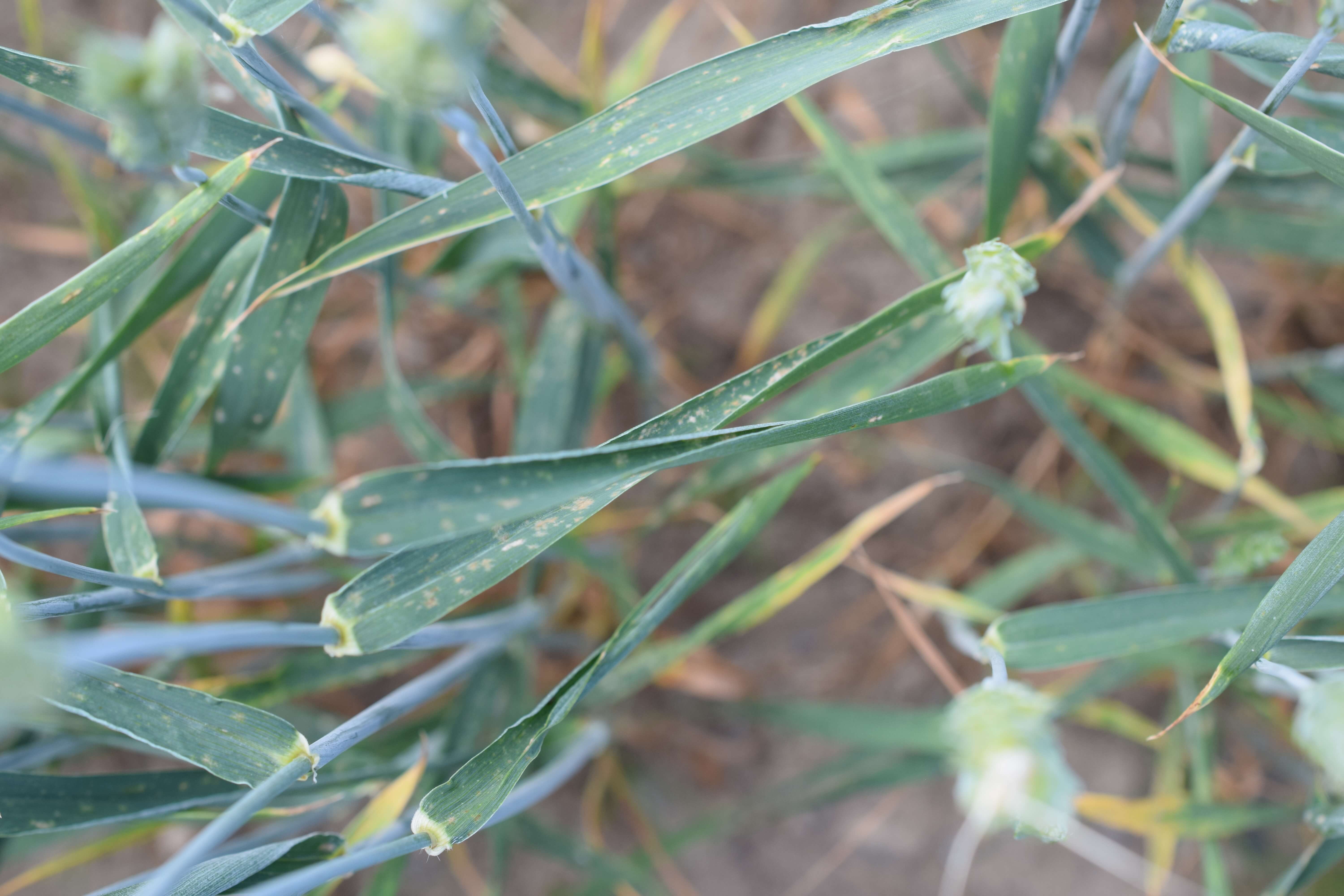
Stressless
The overall goal of this project is to build a system for site-specific fertilization and fungal disease control in cereals. The system is especially designed to handle combinations of crop-stressing factors.
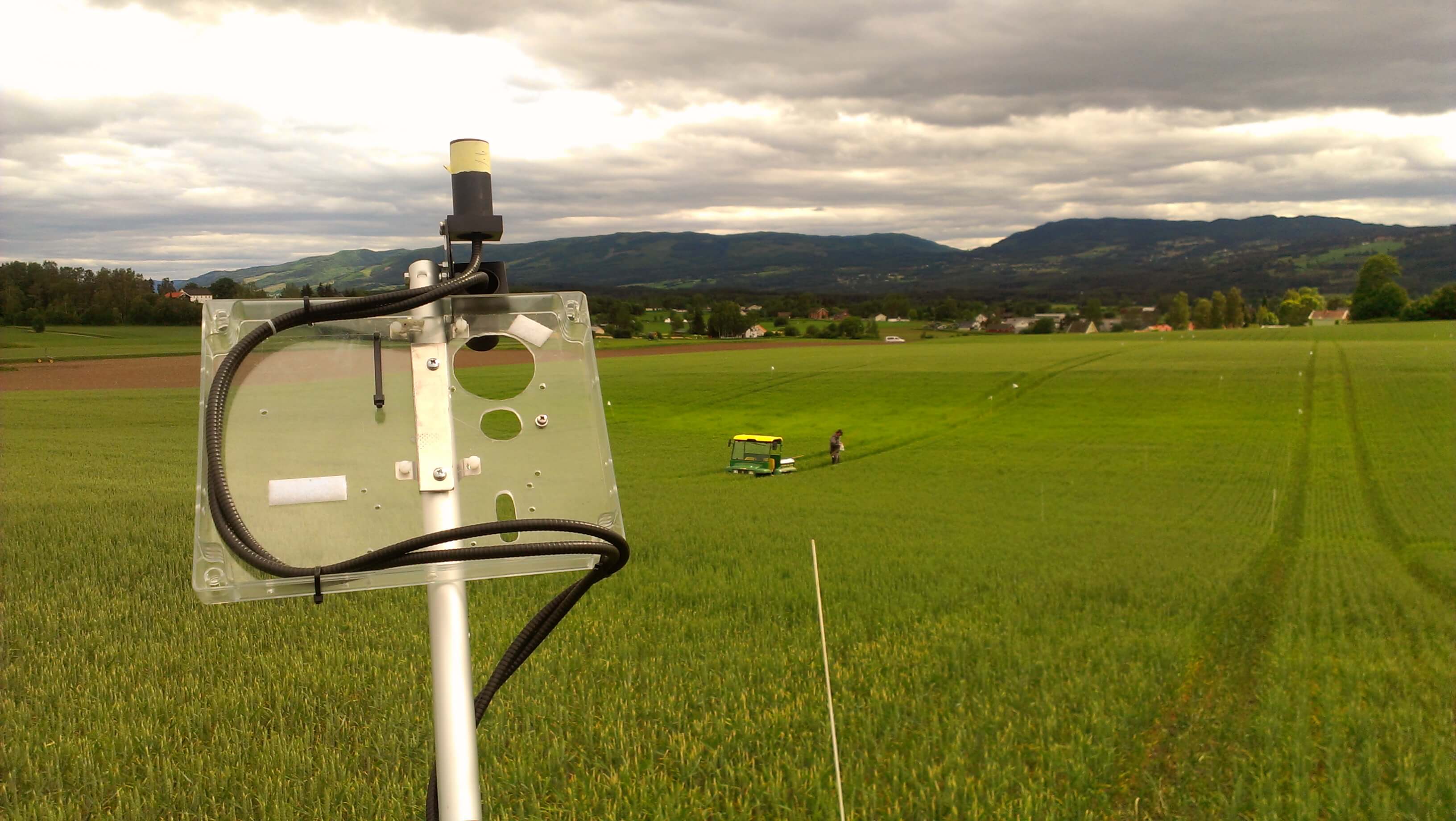
Quality Wheat
The primary goal of this project is to provide higher quality and better utilization of Norwegian wheat, to meet the national goals of increased food production.
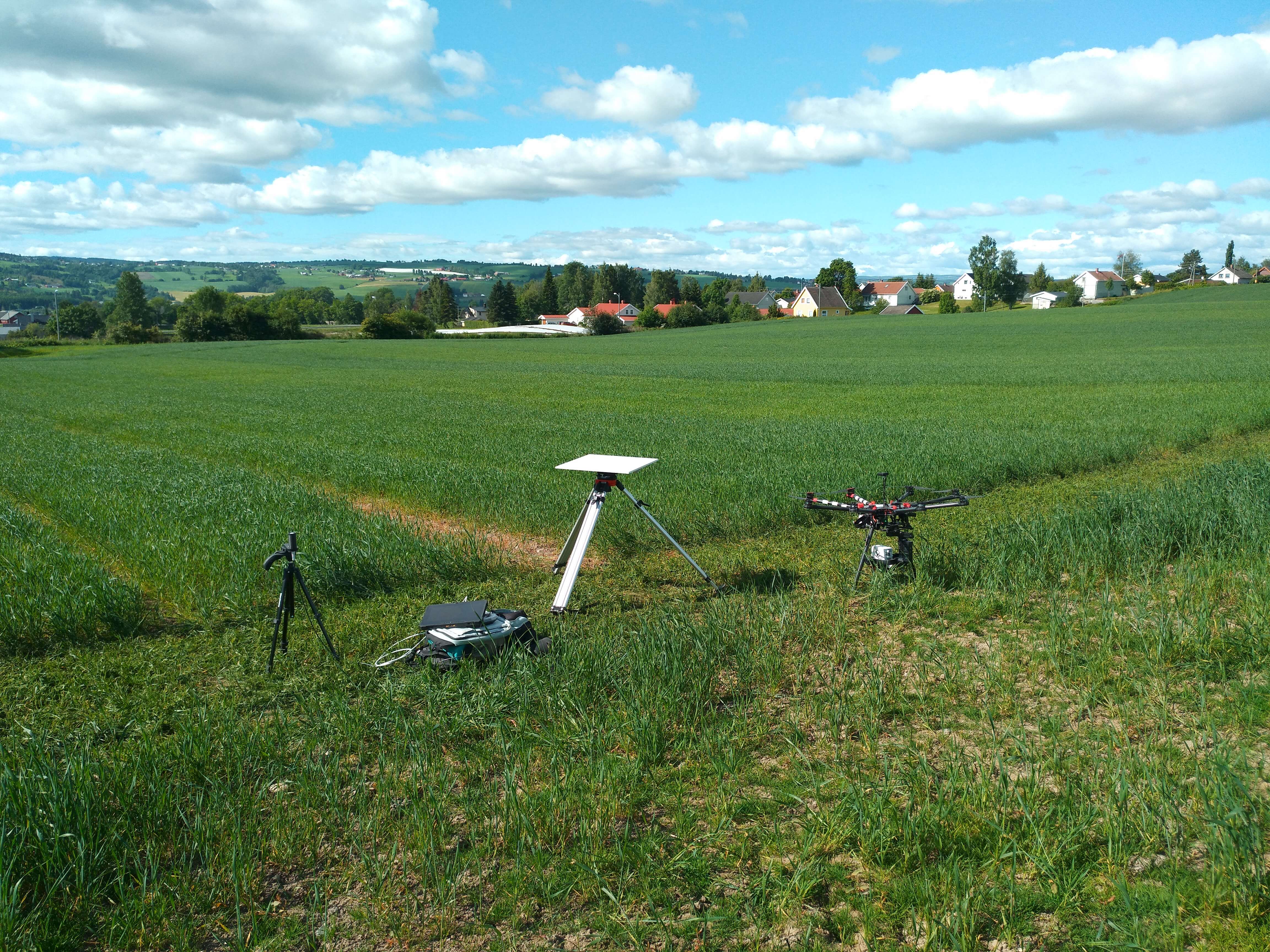
Interreg
Innovations for sustainable crop production (Innovationer för hållbar växtodling):
This project aims on creating innovative methods and technologies for a more effective and sustainable crop production.
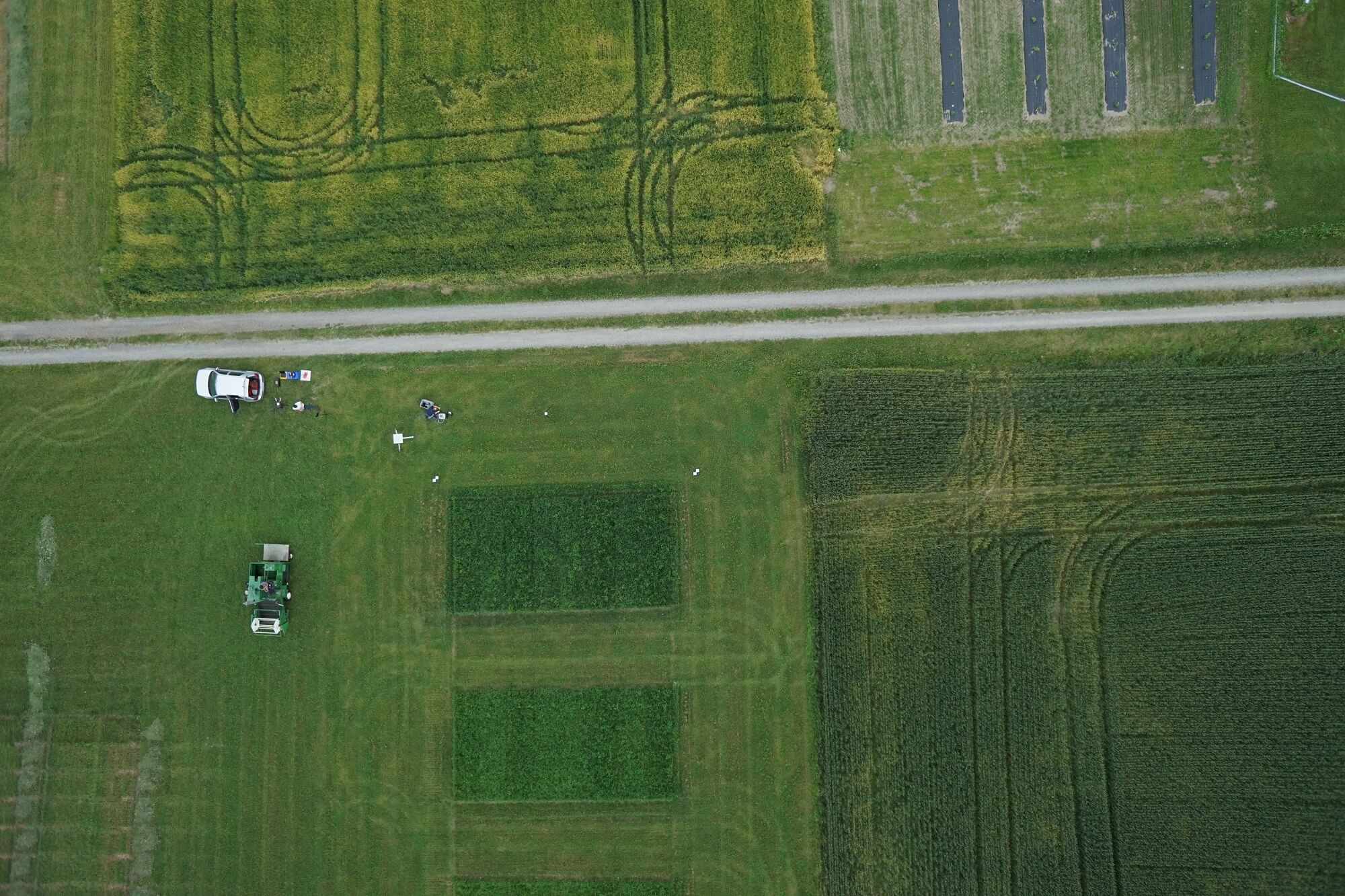
Remote sensing
Use of remote sensing for increased precision in forage production:
The overall objective of this project is to improve grassland management, both on the farm and regionally, through timely estimates of yields and feed quality using remote sensing technology.
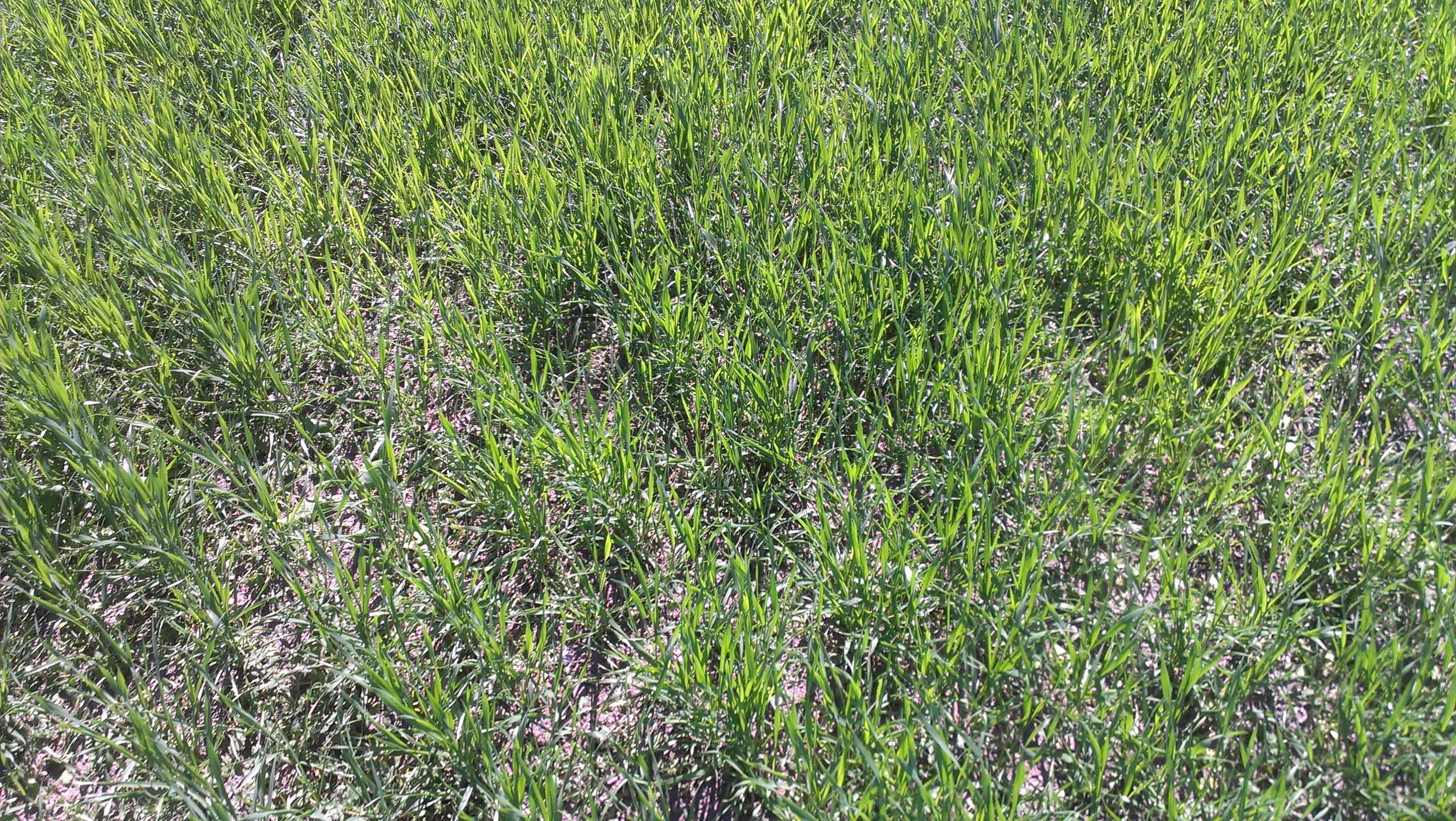
Sinograin
The main objective of this project is to assure sustainable and high-yielding grain production in China with a reduced environmental footprint by means of innovative technologies.
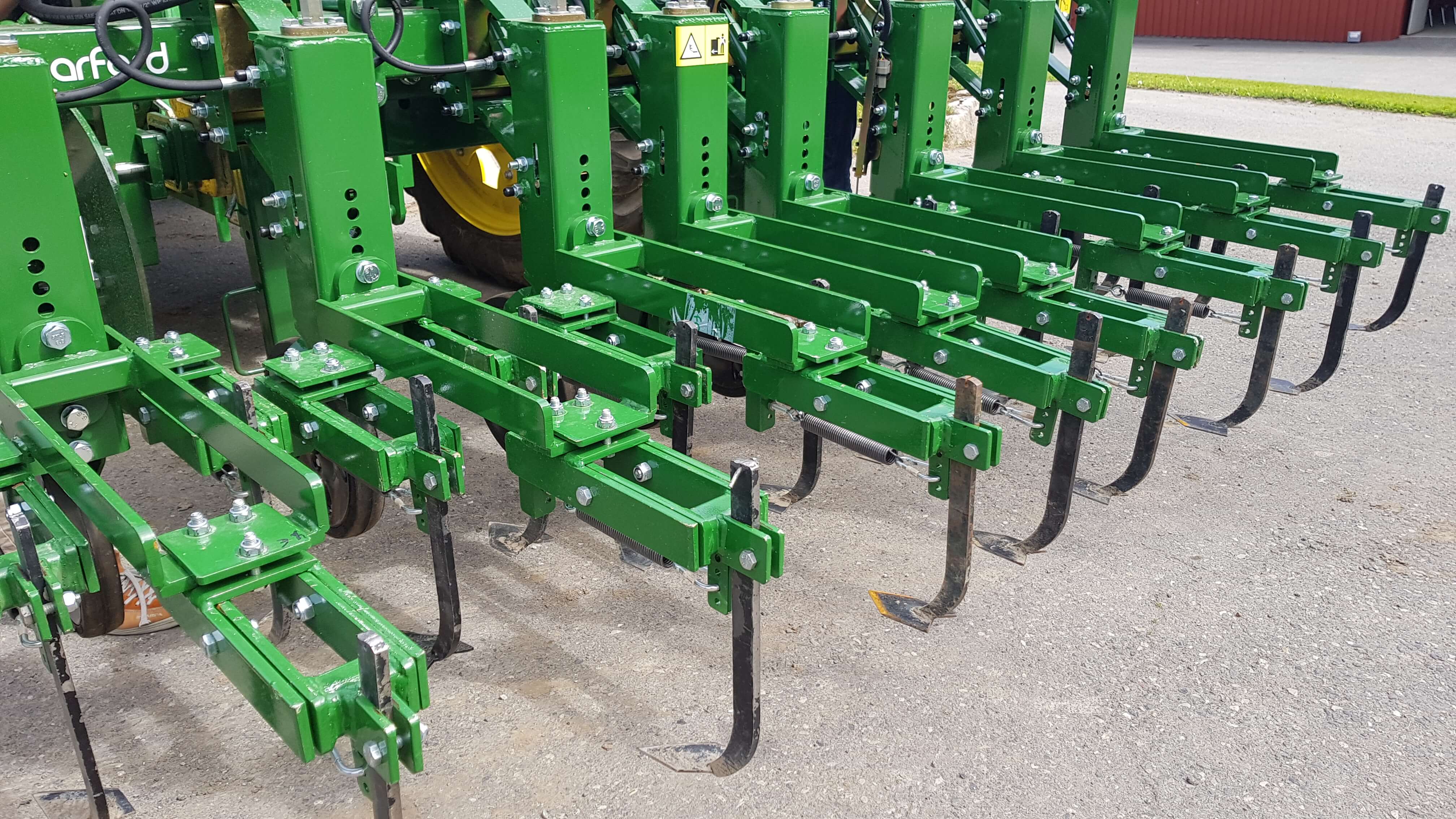
Autohoe
In this project we intend to develop and test a control system for inter-row hoeing in cereals, suitable for normal (12.5 cm) row spacing, by using camera systems for implement guidance.
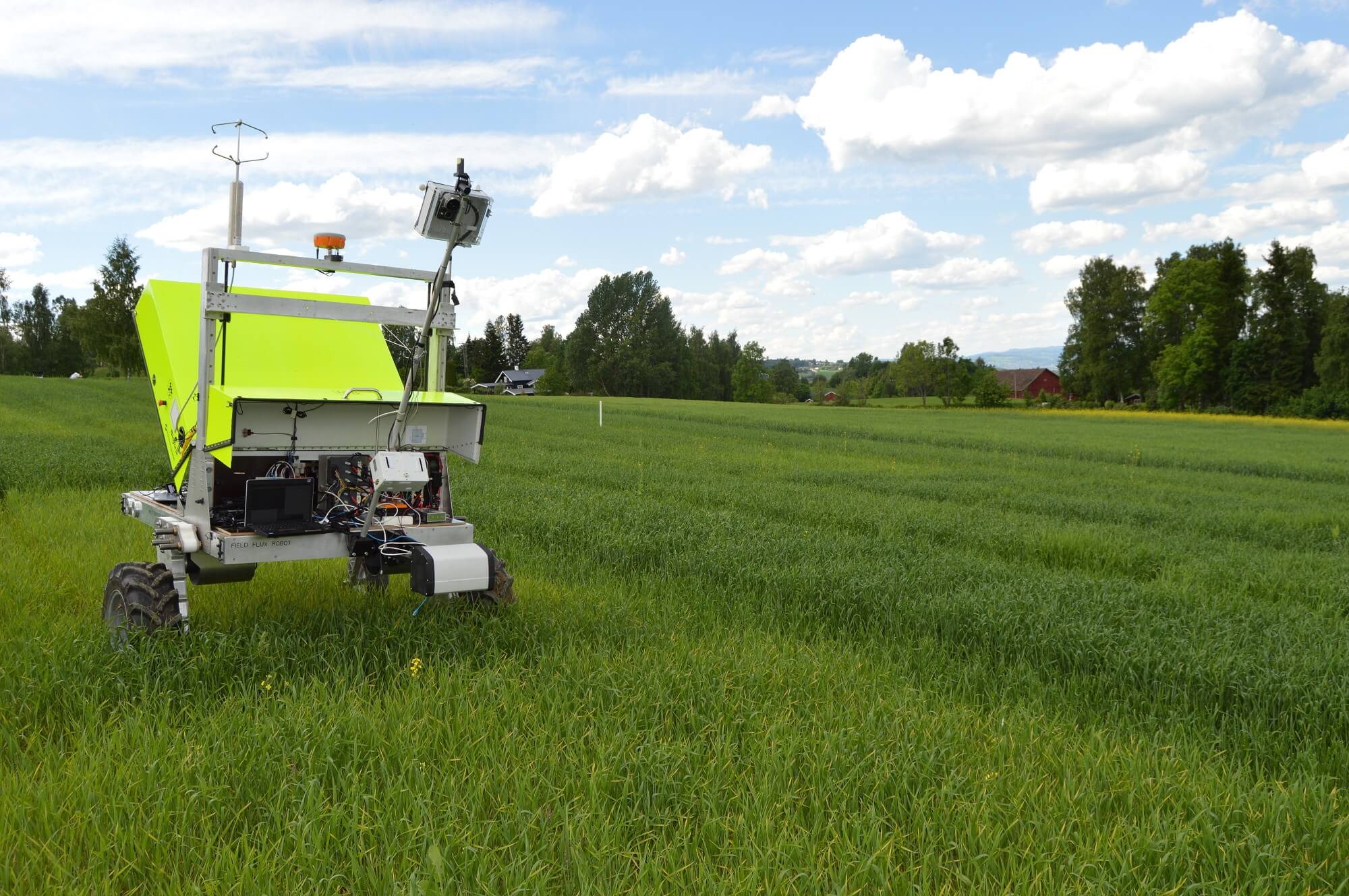
Multisens
The primary objective of this project (2011-2015) was to develop and exploit new multi-sensor techniques for optimizing fertilization, weed-, and disease control to improve yields and reduce the N20-emissions related to wheat production.
